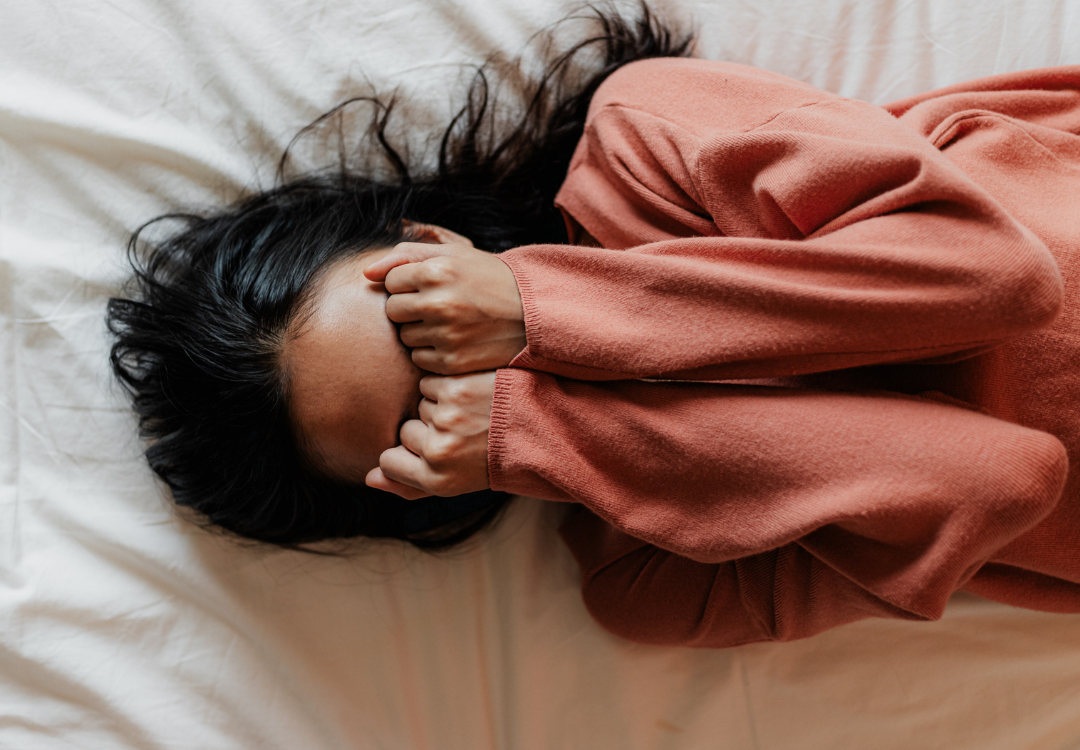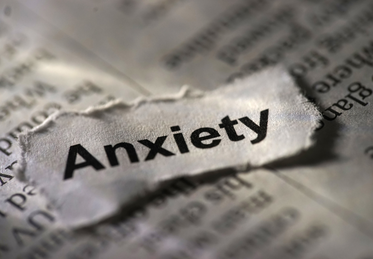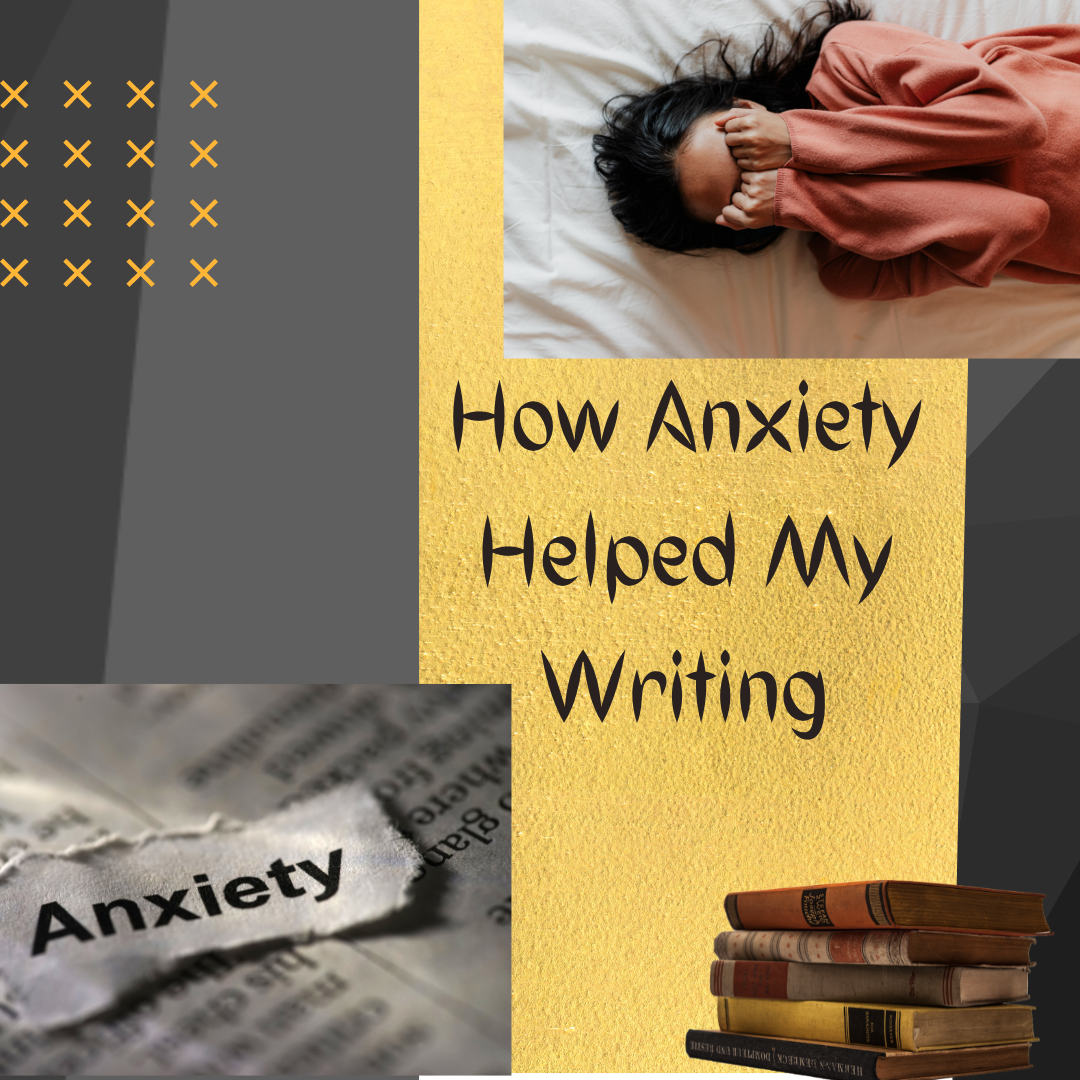|
mental health, book reviews, medical, writer, writing tips, author, author interviews
Writing anxiety in characters can be a challenge, especially for people who have never experienced a panic attack. I used to be one of those lucky souls who had never endured such an event. Someone naive to the soul-crushing ache of a needlessly triggered fight-or-flight system. My bout came from an imbalance of hormones following the birth of my son, but others deal with anxiety for different reasons. After two years, I can say now that I survived this event and, in many ways, I came out stronger. This is not to say that I am never afraid -- I get plenty afraid -- but I know how to handle my triggers and symptoms. One thing I learned through all this experience, however, is empathy. As a writer, this skill cannot be overstated. In order to write, you have to become someone else; you have to see the world through another person's eyes. How can you do that if you can't feel what they feel? In many ways, I was a bit deficit in this area. That's not to say I had no empathy at all, but it was not a honed skill. Now I know what feels like to be under this pressure and I'm far more patient to those who might be experiencing it. Here's what I learned: What is Anxiety  Everyone gets afraid. The fight or flight system is there to help us run from bears after all. But what if that system gets triggered at an inappropriate time? What happens if bears are nowhere in your neighborhood? What if the trigger is a text message from your mom asking you to come home from Christmas? What if its the thought that you need to go to the grocery store? What if the rising bile in your stomach triggers you further into the anxiety spiral. When the fight-or-flight system is triggered, the body is flooded with adrenaline as if a bear was attacking. It can make you feel like you’re going to die unless you do X. But X doesn’t exist. There is no threat, so there is no solution. Instead you’re overwhelmed with these hormones that do nothing but make you shake and steal your breath, with no outlet. In fiction, we generally write about panic attacks in relation to characters who are experiencing a trauma or have experience trauma previously (PTSD). In cases of PTSD, there might be a smell, a sight, or a sound that triggers the flight or fight response. This is the body’s way of protecting itself from receiving another trauma. So a veteran might hear a car backfire in the parking lot of Walmart and hit the deck. One of the misconceptions that I had regarding anxiety/panic attacks was that they always had a trigger. If the trigger could be avoided, then the anxiety could be possibly resolved. This is not true always true--or the trigger is so subconscious that it does not register to the person experiencing it. Anxiety can wake you from a dead sleep with sweats, heart palpitations, nausea, and a tightness around your neck. Another misconception was that panic attacks are obvious. I assumed that if someone experienced a panic attack, the person would immediately know what was taking place. This is not true. In fact, people experiencing panic attacks often end up in the ER thinking they are experiencing a heart attack. Perceptions Concerning Panic Attacks:  Thankfully, the culture is starting to talk more about psychological conditions such as anxiety and depression, but there can still be a stigma related to these illnesses. So when you’re writing about anxiety, consider how your character feels about these things. Do they fear the anxiety and allow it to consume them? Do they know what’s causing it? Do they feel like a failure because their anxiety gets in the way of their life? (This one was a big personal feeling of mine. I am a stay-at-home mom and couldn’t take care of my son during the worst of my anxiety crisis. This had a huge impact on my self-perception). Or are they coping/trying to manage their symptoms through meditation, walks, breathing exercises, etc. Having a character go through the stages of acceptance with an anxiety disorder can be a good story arch. So what does a panic attack look like? I’m going to describe one of my typical panic attacks. Keep in mind that not all panic attacks are the same for everyone, but this will hopefully be a good starting point for you in your writing: Generally, it starts in the back of my mind, a little nagging feeling. Sometimes it’s proceeded by a headache (but mine are hormonally related rather than trauma based, so that might just be me). Then I get a tightness in my chest right below my throat. This stays throughout the panic attack and generally lingers for some time after. I get very restless--especially my hands. I start flexing my fingers, rubbing my arms repeatedly. Then I start clenching my teeth. Generally after this, I start pacing then try self-soothing motions (hugging myself, rubbing my arms). Nausea generally sets in at this point. If it’s bad enough, I will throw up. There’s a third element to fight/flight and that is freeze. That’s what I do. I don’t want to go anywhere/do anything. I sit in my chair or on the floor rocking back and forth running my hands through my hair. I sometimes claw at the arm rests or carpet. I want to scream. So what’s going on in my head at that time? Well, my higher functions are turned off. More or less it’s a constant scream of ‘make it stop! make it stop!’ or ‘I can’t do this. I’m going to die. This is going to go on forever.’ It alternates between that and the TV show I watched last night. Seriously, sometimes it’s like my thoughts are completely separate from what’s going on in my body. Generally, panic attacks last 30 minutes, but not mine. Sometimes they can start back up again -- especially if one of your triggers is the anxiety itself. (Since it's such an unpleasant experience, who wouldn't have it as a trigger?) Thankfully, there are things you can do to keep panic attacks from getting that bad. A twenty minute walk kills mine. I no longer sit and rock--but the strange thing is my body rebels against this logic. When I first start walking, my nausea gets worse and I have to go to the bathroom. It’s like a part of my brain is telling me to do the opposite of what will help. It’s obnoxious. Deep breathing exercises work for some people, meditation, CBD, etc. The best thing is to remind yourself what is happening and to tell yourself that it’s just temporary and will go away eventually. Anyways, that’s my experience with panic attacks. I have greatly incorporated my personal experiences with my writing. I hope that my story helps you better understand anxiety so that you can write it more effectively. If you have any questions or would like to share you’re own experiences, please comment below.
0 Comments
Leave a Reply. |
Details
AuthorRW Hague is a registered nurse with over eight years of experience within the medical field. Using her medical expertise, she writes stories that are gritty and compelling. Archives
November 2023
|

 RSS Feed
RSS Feed